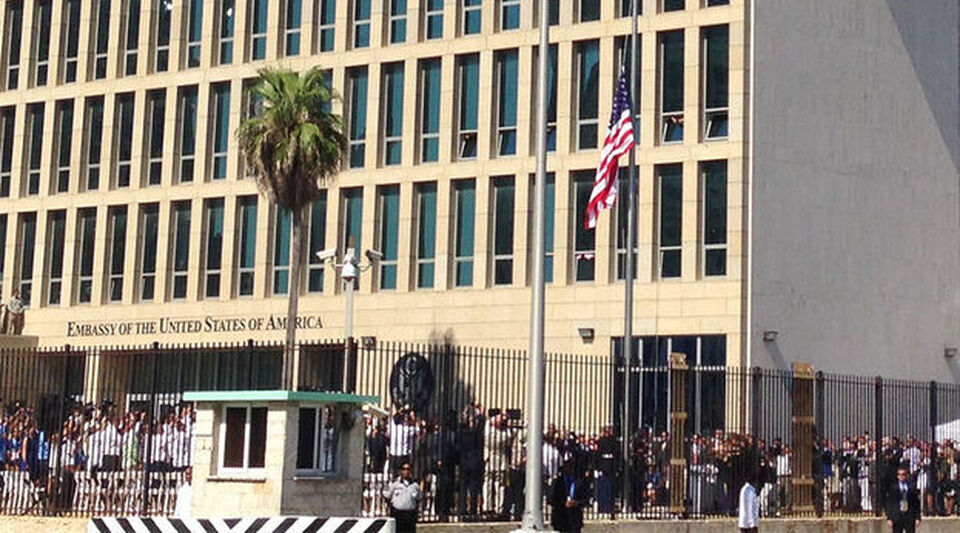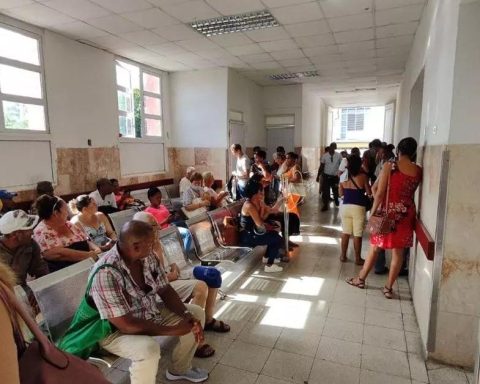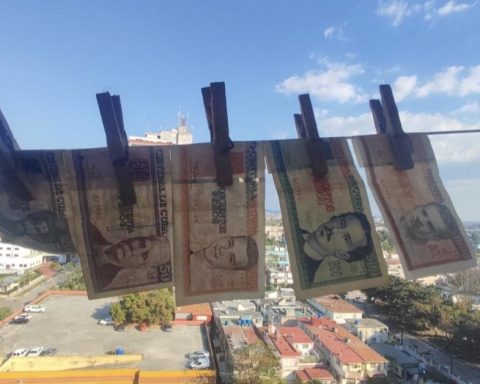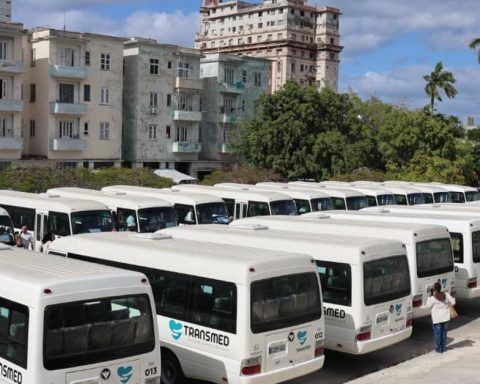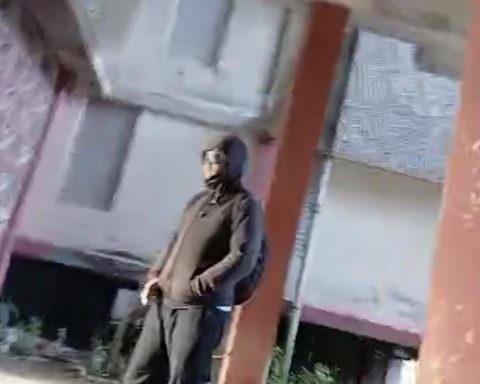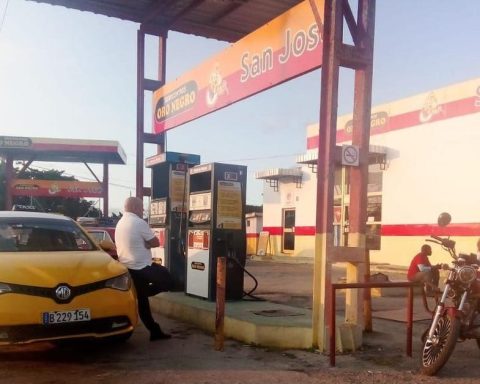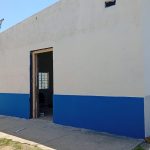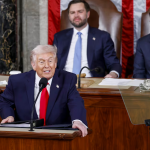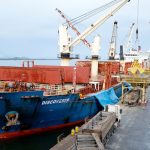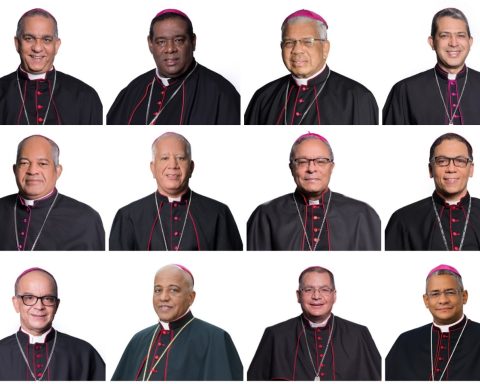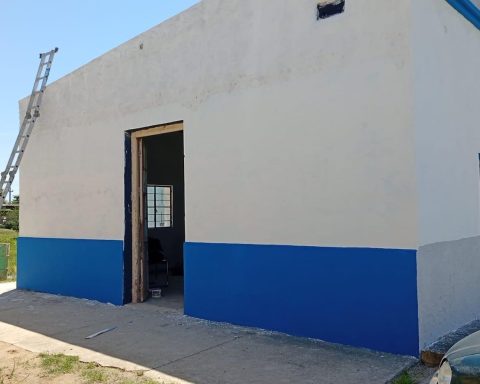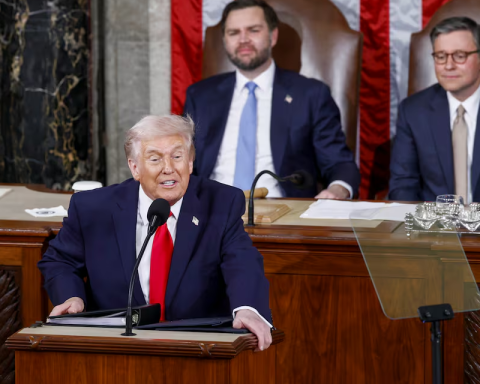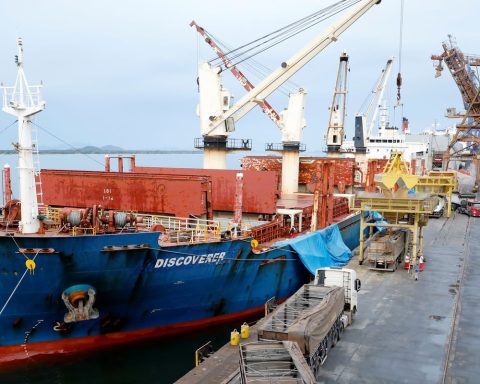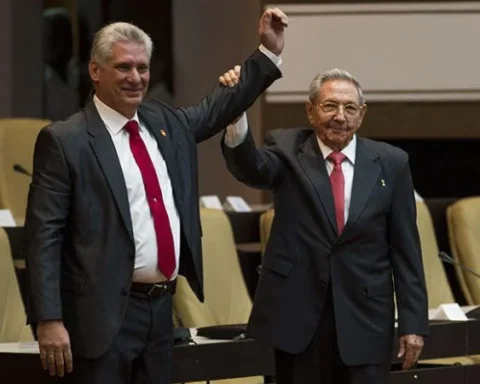The iconic building of the United States Embassy in Havana, located in front of the Malecón, is undergoing a “renovation” process after years of progressive deterioration. Benjamin Ziff, Chargé d’Affaires and head of the US delegation in Cuba, told the agency Reuters that Washington invests 28 million dollars in rebuilding the damaged areas.
“The important thing to understand about diplomacy is that it’s not just politics, it’s also logistics,” Ziff said. However, there will also be an increase in consular personnel, as well as programs to promote human rights and private businesses on the Island.
The confirmation of this investment takes place in the midst of a new tension in the always unstable diplomatic relations between Havana and Washington, after The Wall Street Journal published that China and Cuba had reached an agreement to build an espionage center on the island. Initially, the Cuban government reacted by denying this agreement, while the White House described the information as “inaccurate.”
In some of the houses the doors, toilets and sinks have been stolen
However, last weekend, the US declassified information from its intelligence services and assured that upon Joe Biden’s arrival at the White House, in January 2021, it became known that China had a spy center on the island since 2019 or even before.
For Ziff, the investment in the renovation of the US Embassy will return the “presence” of the main diplomatic headquarters on the Island, but for this “you need to have people” and a building.
14ymedio has confirmed with the workers of the maintenance brigades that the diplomatic headquarters has a “serious problem of deterioration”, both in the building and in the housing for the diplomats, which have been closed since the US drastically reduced the staff of the embassy due to the alleged “acoustic attacks” that led to the suspension of most consular services.
A source confirmed to this newspaper that the houses are practically abandoned because not enough personnel arrive to occupy them. In some of the houses the doors, toilets and sinks have been stolen.
Maintenance work began in May 2022 and is likely to last until the first quarter of 2024, since, according to Reuters, they have not been able to advance due to disputes and a lack of trust between the two countries.
Ziff explained that the staff of the 12-worker crew, including five Cubans, must be accompanied “at all times” by US contractors authorized by US Security, but the Cuban government was slow to issue the visas.
Machinery imported from the US was also damaged because the fuel is high in sulfur. Similarly, there were delays due to shortages of cement and reinforcing bars.
Later, they had to face the shortage of materials on the island. The diplomat explained that if a contractor broke a saw blade, he had to return to the United States to get the replacement and reapply for a visa to enter Cuba. This process takes two months and, meanwhile, the work was stopped.
Machinery imported from the US was also damaged because the fuel is high in sulfur. Similarly, there were delays due to shortages of cement and rebar.
The diplomat acknowledged that “some of these problems have been resolved” with the Cuban government’s agreement to simplify the visa process, while the US State Department sent stainless steel for the fences and granite for the new façade of the building.
Just when they thought the process was advancing, they encountered a new problem: bureaucratic delays in importing the “safe” containers that bring sensitive construction materials sealed with diplomatic privileges. “It is understood that it is good for the bilateral relationship to have a safe and secure embassy. However, trying to bring materials in remains a problem,” Ziff insisted.
The headquarters officially opened as an embassy in 2015 during the tenure of Barack Obama. Until then it was known as the United States Interests Section in Havana. However, two years later, the incident involving diplomats affected by neurological symptoms known as “Havana syndrome” took place, which reduced the workforce.
Ziff said that intelligence investigations have determined that it is “highly unlikely” that a “foreign adversary” be responsible for the diseaseand that “a more solid staff and agenda” have returned to Havana.
________________________
Collaborate with our work:
The team of 14ymedio He is committed to doing serious journalism that reflects the reality of deep Cuba. Thank you for accompanying us on this long road. We invite you to continue supporting us, but this time making you a member of our newspaper. Together we can continue transforming journalism in Cuba.
